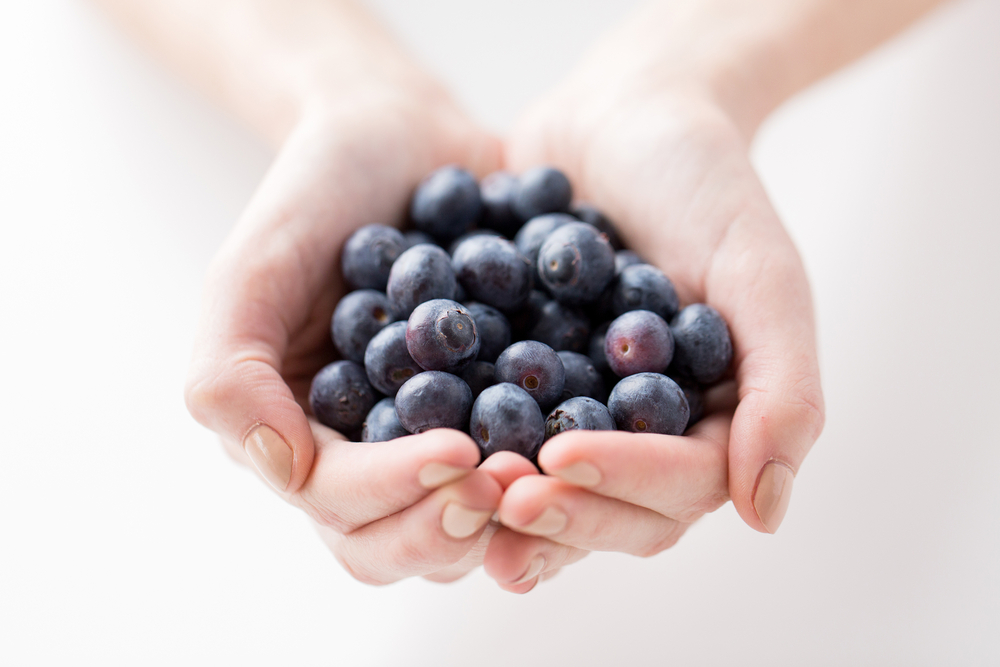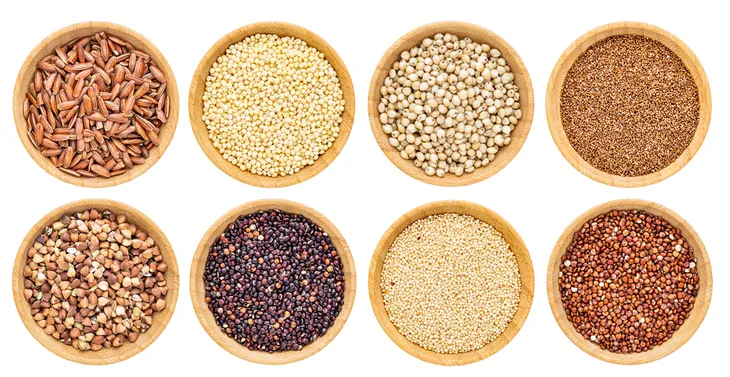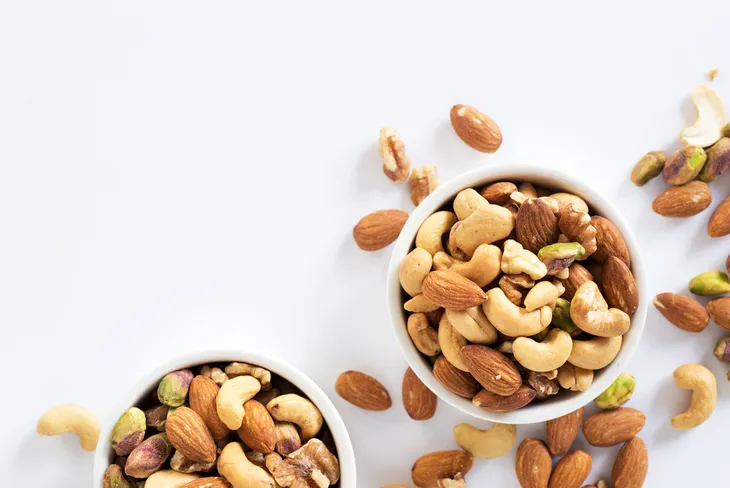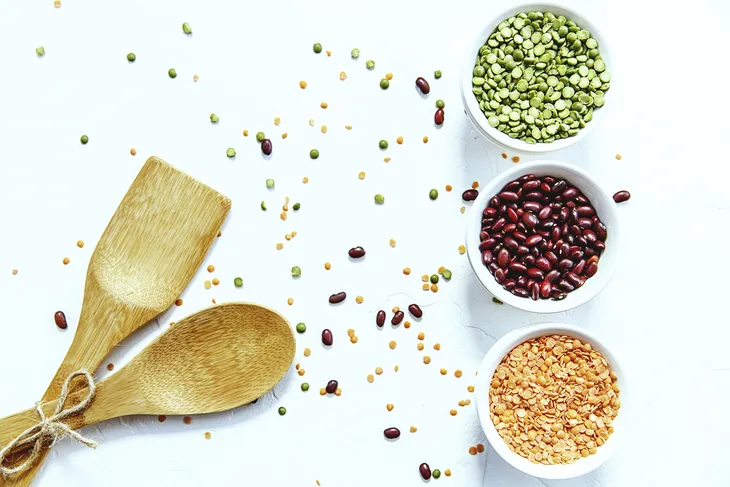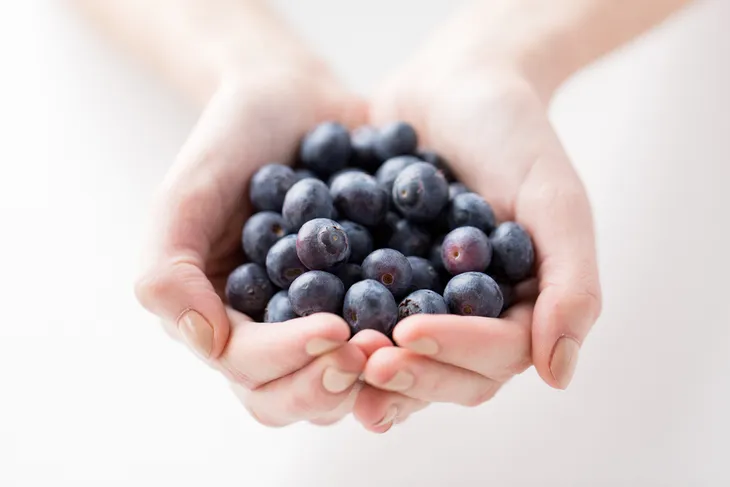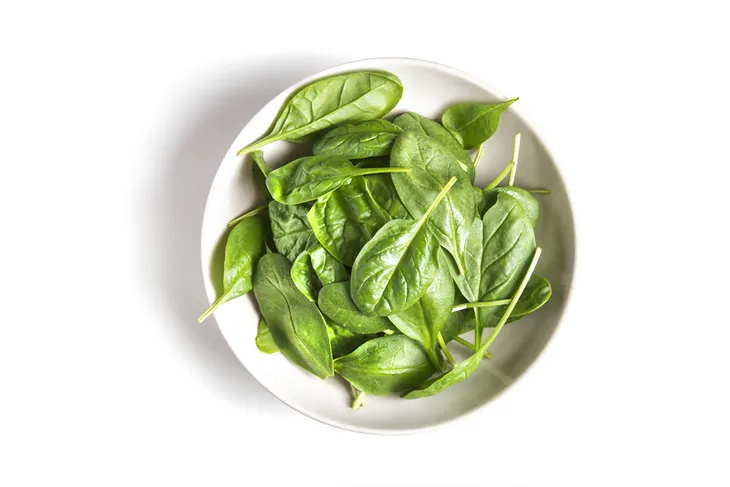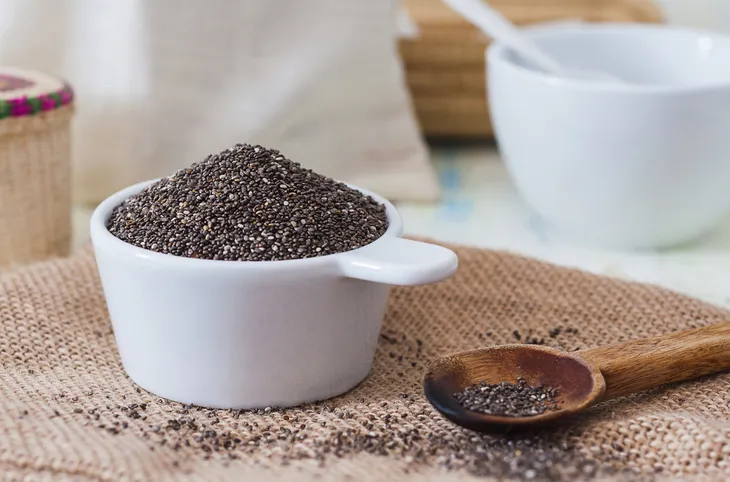It’s natural to feel fatigued at certain times of day, particularly just after waking in the morning or at the end of a long day. But persistent tiredness or feeling exhausted after meals can be an indication of an improper diet.
There are certain nutrients the body needs in order to sustain its energy levels throughout the day, including carbohydrates, protein and healthy fats. Regularly incorporating these six fueling foods into meals and snacks can help to fend off fatigue and allow maximization of awake hours.
Whole Grains
Despite how many weight loss programs paint carbohydrates in a bad light, they continue to be the nutrient the body prefers to get its energy from. Whole grains—such as oats, quinoa and brown rice—are among the best sources, as they are considered complex carbohydrates, which burn slowly and help to sustain blood sugar levels.
Whole grains are also a good source of fiber, which, according to WebMD, “helps the carbohydrates that we eat to be more slowly absorbed by the body,” resulting in a more balanced release of energy over time.
Nuts
Not only are nuts an easy snack to nosh on throughout the day, they provide the body with a wealth of nutrients that can help combat feelings of tiredness. An excellent source of polyunsaturated fat, nuts can provide the body with a concentrated boost of energy.
Nuts—such as almonds, Brazil nuts, cashews, hazelnuts, pecans, and walnuts—are also high in protein, which helps to regulate the release of energy supplied by fats and carbohydrates. And the amino acids that makeup protein “help increase levels of neurotransmitters that in turn boost mood and alertness,” says Best Health magazine.
Beans and Lentils
Iron deficiency is a common cause of persistent fatigue. As the nutrient is essential for transporting oxygen throughout the body via red blood cells, low levels of it can result in feelings of exhaustion and impaired mental and physical performance.
Beans and lentils are both rich sources of iron. One cup of oybeans, for instance, offers 8.8-milligrams of iron, while the same serving size of lentils has 6.6-milligrams. Additionally, these foods contain plenty of vitamin C, which helps the body to absorb the iron it consumes.
Blueberries
A superfood favorite, blueberries are packed full of key nutrients. Just one cup contains 14-percent of a person’s daily fiber intake and almost 25-percent of their required vitamin C. Blueberries are also rich with antioxidants, which are vital for keeping brain function and energy levels at their best.
Blueberries may contain the most antioxidants of any fruit, but blackberries, raspberries, strawberries and red grapes are excellent alternatives. While these fruits are certainly delicious to eat by the handful, they can also be sprinkled onto a bowl of cereal or added to a cup of yogurt to fight off lethargy.
Spinach
As if there aren’t already enough reasons to eat spinach on a regular basis, its ability to fight fatigue can also be added to the list. Spinach is rich in magnesium, a nutrient that, according to Best Health magazine, “is essential for the production of a molecule called adenosine triphosphate, the end product of food’s conversion to energy.” Ensuring proper daily intake of magnesium can prevent the feelings of fatigue and physical weakness that result if the body is running low.
Spinach is also an excellent source of potassium; just one cup of the cooked greens offers almost 20-percent of a person’s daily intake. Because potassium helps to transport nutrients to cells, it’s important to maintain healthy levels within the body, as a deficiency can cause muscle weakness and exhaustion.
Chia Seeds
Chia seeds may be small, but they’re mighty! Excellent sources of omega-3 fatty acids, carbohydrates, protein, fiber and antioxidants, these edible seeds—which come from a desert plant grown in Mexico—are energy-boosting powerhouses.
And if the above list of nutrients isn’t convincing enough of why chia seeds should be added to one’s diet, they also contain vitamin B and calcium, both of which fend off stress, a common cause of fatigue. Chia seeds can be used ground or whole, and are great additions to smoothies and oatmeal.
